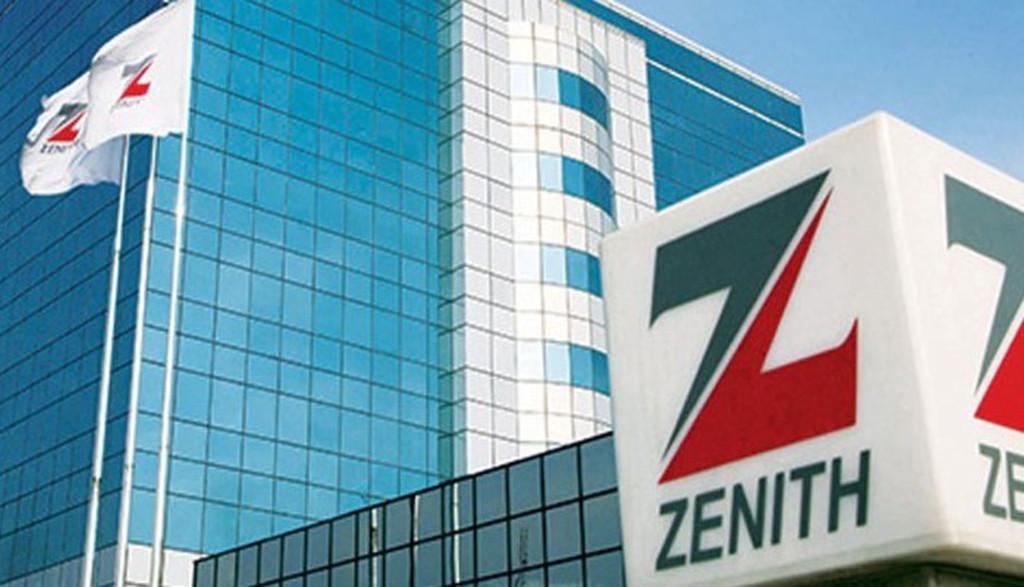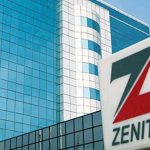Nigeria’s spending on petrol importation has increased, despite a substantial drop in the country’s consumption rate.
Reports from the Nigeria Bureau of Statistics (NBS) reveal that N2.63 trillion was spent on importing Premium Motor Spirit (PMS) in the first quarter of 2024. This figure is 31.4% higher than the N1.81 trillion spent in the last quarter of 2023.
Join our WhatsApp ChannelPresident Bola Tinubu announced an end to the fuel subsidy regime on May 29, 2023, stating, “The fuel subsidy is gone.” Following this announcement, the pump price of petrol soared from around N200 per litre to approximately N550 per litre. The decision to float the naira further affected petrol prices, with current rates ranging between N600 and N700 per litre, depending on the marketer and location.
Despite the removal of fuel subsidies, the Federal Government claimed that the nation’s oil consumption had reduced by 50%. “Petrol importation has been reduced by 50% since the withdrawal of the fuel subsidy,” said Minister of Information and National Orientation Mohammed Idris during a ministerial press briefing in February 2024.
In February 2023, before the subsidy removal, the Group Chief Executive Officer of the Nigerian National Petroleum Company Limited (NNPCL), Mele Kyari, reported that Nigeria consumed about 66 million litres of PMS daily. Kyari explained, “Our customers are here; we are transferring to each of them at N113/litre. That means there is a difference of close to N202 for every litre of PMS we import into this country. In computation, N202 multiplied by 66.5 million litres, multiplied by 30 will give you over N400bn of subsidy every month.”
READ ALSO: NNPC: Petrol Import To Stop As Port Harcourt Refinery Begins Operations Soon
Based on the information minister’s claim, the reduction in petrol importation suggests that Nigeria’s daily imports have decreased by about 33 million litres, resulting in a monthly reduction of approximately 990 million litres. However, despite this significant reduction in volume, the cost of petrol imports continues to rise.
Experts attribute this increase to the depreciation of the naira against the dollar. In the first quarter of 2024, the government reportedly imported petrol at the rate of N878 per litre, assuming a monthly import volume of 1 billion litres. This discrepancy has led to accusations from stakeholders that the Federal Government and NNPCL are secretly subsidizing petrol imports, a claim the government has consistently denied.
Minister of State for Petroleum Resources (Oil), Heineken Lokpobiri, recently stated, “Let me say categorically that the President had rightly said, on the day he was sworn in; he said subsidy is gone. The last government did not make any provision for subsidy in the 2023 budget. And I can confirm to you that subsidy is gone. But there could be strategic interventions from time to time. But officially, the subsidy is gone. If you look at the Petroleum Industry Act, the NNPC, as a national oil company, also has a legal obligation to intervene from time to time.”
Meanwhile, the International Monetary Fund (IMF) has warned that with pump prices and tariffs below cost-recovery levels, “implicit subsidy costs could increase to 3% of GDP in 2024 from 1% in 2023.” The IMF noted that these subsidies are costly and poorly targeted, often benefiting higher-income groups more than the vulnerable. It projected that the implicit fuel subsidy could rise to N8.4 trillion in 2024, up from N1.85 trillion in 2023, N4.4 trillion in 2022, N1.86 trillion in 2021, and N89 billion in 2020.
As Nigeria grapples with rising costs and economic challenges, the debate over petrol importation and subsidy continues to be a focal point for policymakers and citizens alike.
Emmanuel Ochayi is a journalist. He is a graduate of the University of Lagos, School of first choice and the nations pride. Emmanuel is keen on exploring writing angles in different areas, including Business, climate change, politics, Education, and others.

















Follow Us